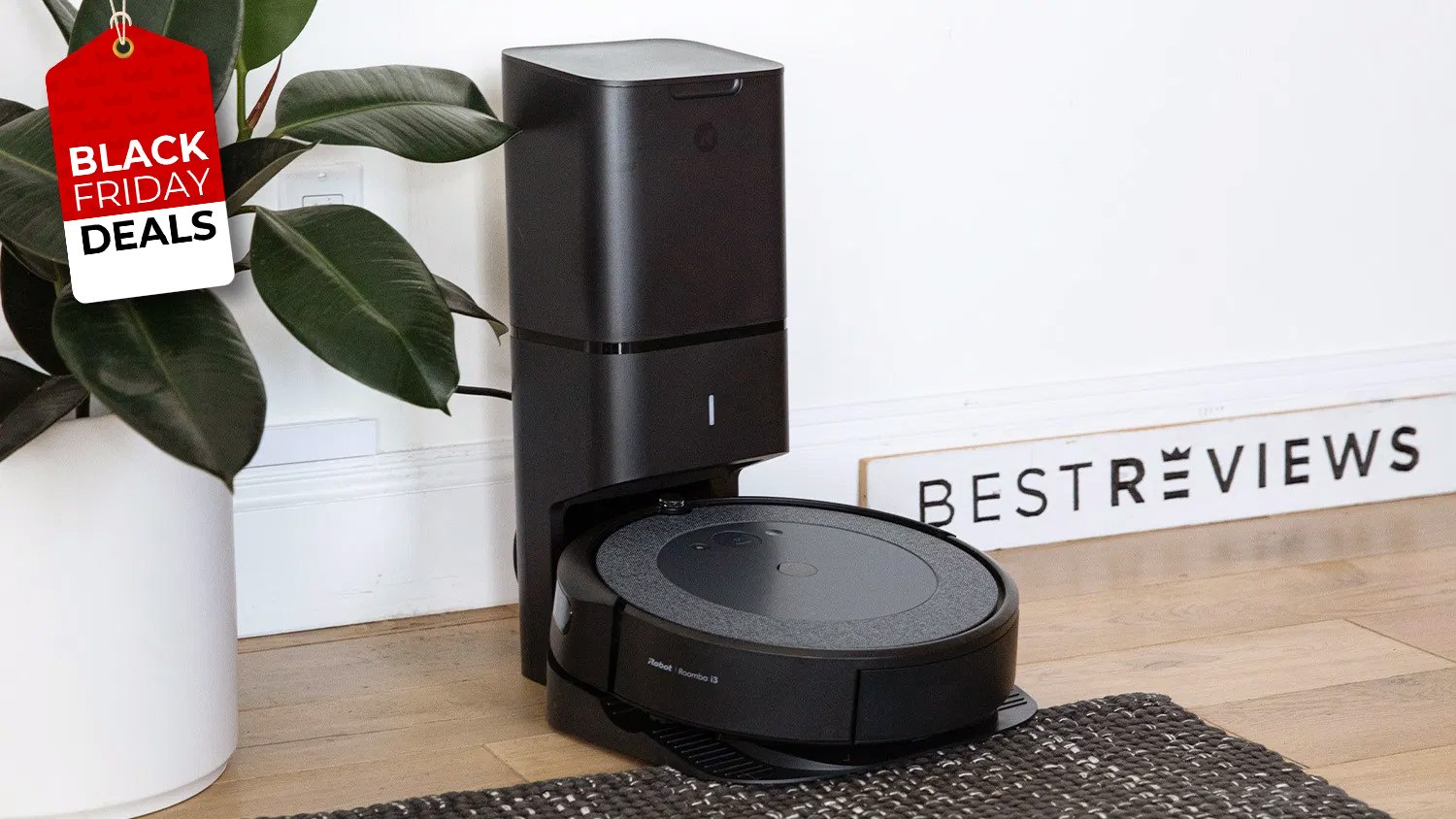NEWPORT NEWS, Va. (WAVY) — School Superintendent Dr. George Parker announced Thursday that all Newport News public schools will get metal detectors, in the wake of a shooting incident police say involved a six-year-old student and his first grade teacher.
School security consultant Ken Trump has given expert testimony in the wake of Parkland, Sandy Hook and other major school shootings, and says when it comes to metal detectors, school systems often don’t realize the time and trouble involved.
“The vast majority of schools across the country do not have metal detectors,” he said in a Friday interview.
Trump, the president of National School Safety and Security Services, knew about the shooting last week at Richneck Elementary — and even the one across town 16 months earlier at Heritage High School. He says he has seen administrators grossly underestimate the true investment metal detectors require.
“The cost of a metal detector starts with the equipment, but the biggest cost is manning, staffing, training and sustaining that equipment,” he said.
Trump says metal detectors require constant staffing — and that can be during times when school isn’t even in session.
“If you only run metal detectors during the school day, many of your schools have after-school programs. community use and extensive traffic after hours,” Trump said. “We have a great deal of concern that knee-jerk reactions after high-profile school shootings ends up in the long haul being little more than ‘security theatre’ – providing an emotional security blanket but not really making a significant difference.”
He advises his clients to invest in training and maintaining measures and policies they already have — such as cameras, visitor management and access control.
“The number one way we find out about weapons, plots, and kids who are gonna cause harm to themselves and others is when a kid comes forward and tells an adult that they trust,” Trump said.
He says that results from going beyond metal detectors, and schools need to promote a safety-first attitude by training everyone: students, teachers, food service, custodians and staff on situational awareness, so that when they see something, they say something, and then know how to do something about it.


























































